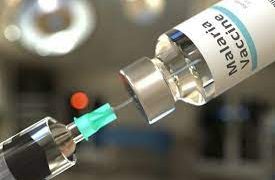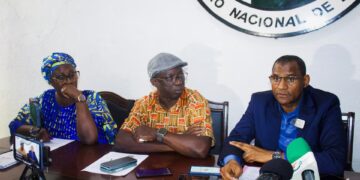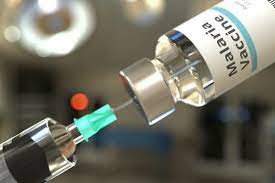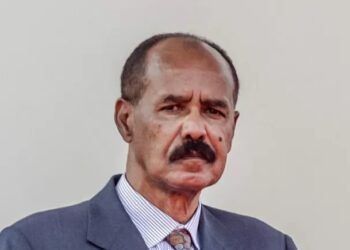By Ebi Kesiena
Ghana has made itself the first nation to approve the eagerly anticipated malaria vaccine, which was developed in Oxford University, as they make more preparations to fight against the mosquito-borne disease.
The vaccine, called R21/Matrix M has been called a world changer by researchers. The initiative is one of many aimed at combating the illness that claims more than 600,000 lives annually, the majority of them children in Africa. The development of vaccines has delayed by the malaria parasite’s complex structure and lifetime.
The World Health Organization (WHO) last year endorsed the first malaria vaccine, Mosquirix, developed by British pharmaceutical giant GSK (GSK.L).
However, the business’s ability to deliver the required number of doses has been hindered by a lack of funding and commercial potential. The Oxford vaccine, which has received regulatory approval for use in children aged 5 to 36 months, who are most at risk of dying from malaria, has a manufacturing edge because of an agreement to produce up to 200 million doses yearly with Serum Institute of India.
A medical journal published mid-stage data from the Oxford vaccine experiment involving more than 400 young infants in September. At 12 months after the fourth dosage, vaccination efficacy was 80% in the group that received a greater dose of the immune-stimulating adjuvant and 70% in the group that received a lower dose. Prior to Burkina Faso’s peak malaria season, the doses were given.
Oxford Scientist, Adrian Hill, noted that this is the first time that a major vaccine has been approved first in an African country.
“Particularly since COVID, African regulators have been taking a much more proactive stance, they’ve been saying, we don’t want to be last in the queue.”



































